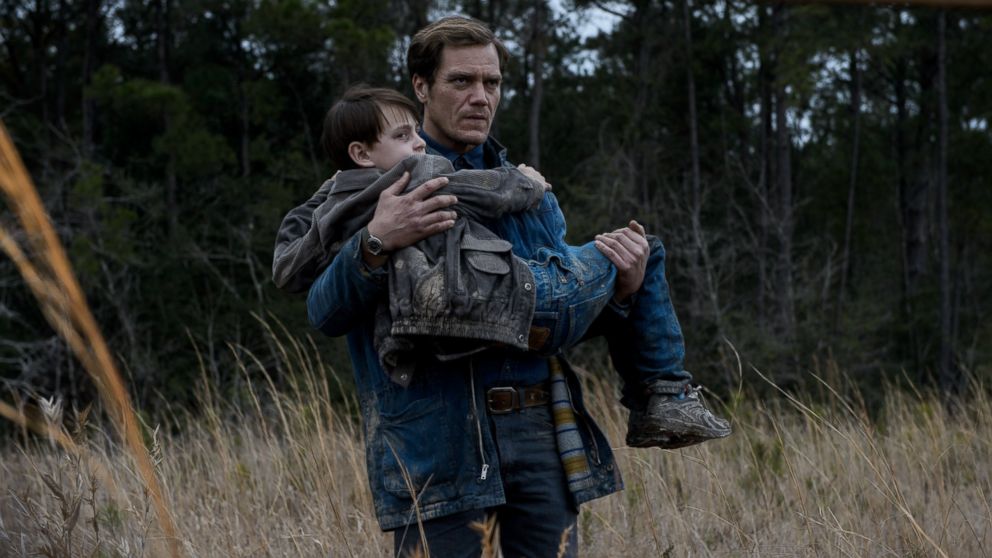Oldkid was trapped in a blue event horizon accident, in which his body aged, but his mind remained youthful. Some would say childish. When he returned to earth, eons later, he was forced to return to elementary school, although in an aged body.
In order to enhance his education, he dived into film, attempting to understand the world better. This was at the recommendation of his good friend, Gir, who was pretty odd looking, but he always made Oldkid laugh. Gir's good friend Zim wasn't really on the list of people Oldkid associated with. He was too screamy.
Oldkid first dived into the world of Miyazaki, which caused his multiple experiments to learn how to fly. It wasn't until years later, when he watched The Wind Rises that he realized he could just board a plane.
Oldkid never had kids, but he learned about children through In America, The Selfish Giant and Tideland, and he decided childhood was hard and he's glad that he skipped it.
He sailed on the ocean with Russel Crowe, he walked through the door with Jim Carrey, He swam across the pool with Juliette Binoche. He had a vision of pigs with Amy Seimetz. He sang on the boat with Barbara Streisand.
But he wanted more. He needed more. More life, more experiences.
Oldkid couldn't stop now.
In order to enhance his education, he dived into film, attempting to understand the world better. This was at the recommendation of his good friend, Gir, who was pretty odd looking, but he always made Oldkid laugh. Gir's good friend Zim wasn't really on the list of people Oldkid associated with. He was too screamy.
Oldkid first dived into the world of Miyazaki, which caused his multiple experiments to learn how to fly. It wasn't until years later, when he watched The Wind Rises that he realized he could just board a plane.
Oldkid never had kids, but he learned about children through In America, The Selfish Giant and Tideland, and he decided childhood was hard and he's glad that he skipped it.
He sailed on the ocean with Russel Crowe, he walked through the door with Jim Carrey, He swam across the pool with Juliette Binoche. He had a vision of pigs with Amy Seimetz. He sang on the boat with Barbara Streisand.
But he wanted more. He needed more. More life, more experiences.
Oldkid couldn't stop now.









